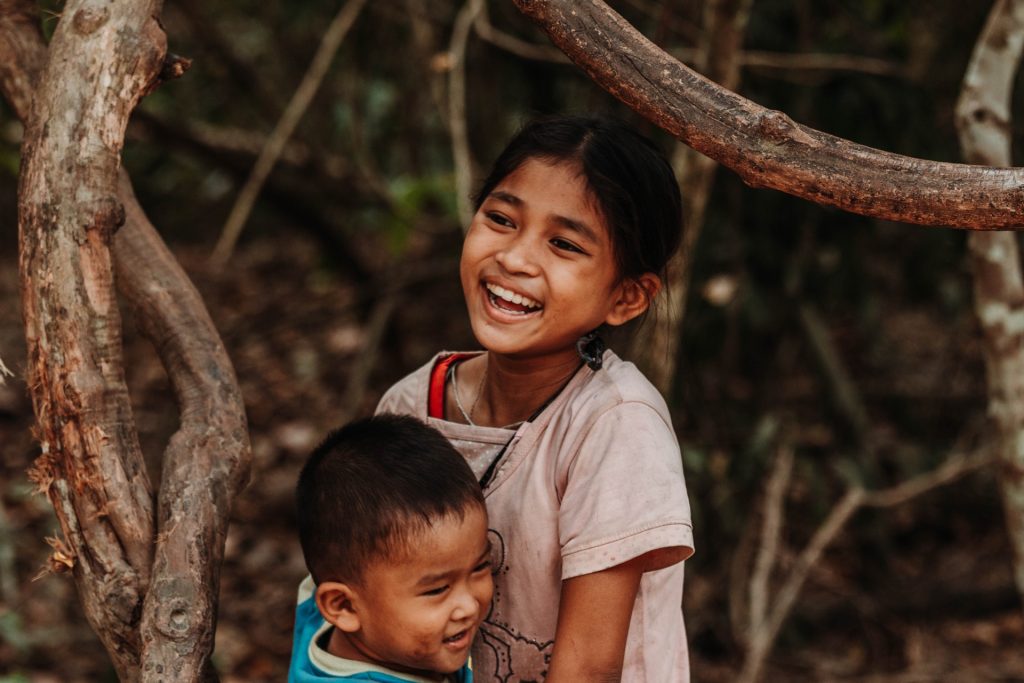There are many good reasons for NGOs to work together to reach a common goal. When each partner brings its own expertise and resources to a program the impact can be multiplied. The sum total of the partnership is worth more than what each NGO can achieve on its own. Donors know this and often promote or require NGO partnerships for this very reason.
Joint donor applications by a group of NGOs, also called a consortium, are becoming more common. In a consortium, one NGO typically takes on the lead role (also known as the lead applicant or prime) with the other NGOs acting as supporting partners. Typically the lead partner signs the contract with the donor receives the grant into its bank account and takes responsibility for managing the partnership. It gives the lead partner significant control for which clear agreements are needed. NGO supporting partners can also benefit from this arrangement by accessing funds they may otherwise have been out of their reach, and minimize their own managerial and overhead costs.
While there are many benefits to partnering, there are many challenges as well to maintaining successful partnerships.
Fortunately, here are twelve tried and tested principles that will help all partners work in an atmosphere of trust and avoid conflict.
Before the project starts…..
Start early
Do not wait for the donor to publish a funding announcement before you ask potential NGO partners to joins forces. If you make a habit of planning programs with partners you can actively fundraise from potential donors. Working together with partners should be an organizational priority to maximize impact, even if it does not lead to funding in the short term.
Use each partners’ strengths
Partners should take on those activities that they are best suited for in the project. By focusing on program success, and not on who will gain the most from the partnership, you ensure that each partner’s role complements to other and all partners win. Program success will, in turn, generate additional donor interest in the program and sometimes more funding. Remember the mantra: Success attracts success.
Choose a lead
One partner often needs to play the lead role and partners need to decide early on which NGO will play that role. As the lead partner will have a large amount of control over the budget it should act in good faith and earn the trust of all others. Even if all partners are equals, organizing projects typically work best with a clear leader.
Agree on activities and budget
Develop a set of activities and assign each set of activities to each partner. Once the activities have been agreed upon, the budget linked to those activities should be earmarked to the NGO implementing the activities. The relevant partner should also receive the indirect and overhead costs associated with those activities. While the lead partner normally receives a larger part of the budget, they should not shortchange the other partners. Partners should negotiate the budget in an atmosphere of trust and honesty. When agreements are made they should be honored once funding is received.
Develop a system to resolve disputes
When working in a partnership it is inevitable that some disagreement and conflict will arise. Make sure there is a process to air issues and find a mutually acceptable solution. Make sure you agree on this before you apply for funding. Some common dispute resolution techniques include using an outside mediator, raising a vote among partners, or allowing the lead partner to have the final say.
Sign a MoU
While the donor grant agreement outlines the responsibilities of the partners, often details regarding the partnership among NGOs is left out. A Memorandum of Understanding (MoU) will make clear which partner will do what and how much budget they will have. A good MoU signed by all partners outlines the basic agreements between them, which will avoid confusion and conflict.
Once the project starts…..
Meet partners often
Organize regular meetings in person or by phone to discuss issues and progress. Why not schedule a weekly short partnership call so everyone is fully informed and up to speed? This will help resolve issues before they become big as well as strengthen the bond between partners.
Be willing to make changes
When implementing a program, changes often have to be made to project activities and the budget. Don’t be afraid to discuss these changes amongst partners and to allocate extra budget to a partner for these activities if needed. Most donors will allow modest changes without prior approval, although large changes often need to be approved.
Report jointly to the donor
All partners should be involved in reporting to the donor. This allows for a comprehensive report that showcases each NGO’s contribution. Donors love to see the impact of effective partnerships, and by reporting on the success you can boost the reputation of all partners.
Engage with donors as a group
If the donor wants to meet or visit the program site make sure all partners are involved. This will deepen the relationships between partners and the donor which may result in continued funding.
At the end of the project…..
Thank the donor and each other
Once the program has been completed the lead partner should thank the donor on behalf of all the partners. Consider organizing a final meeting to celebrate success and strengthen the bond between partners. Invite the donor to that meeting if possible. This will allow partners to propose continued funding.
Don’t stop collaborating
The end of donor funding does not mean the end of collaboration and partnership. There will be many other opportunities to work together. Maintain the relationship between partners and set the stage for future success.

